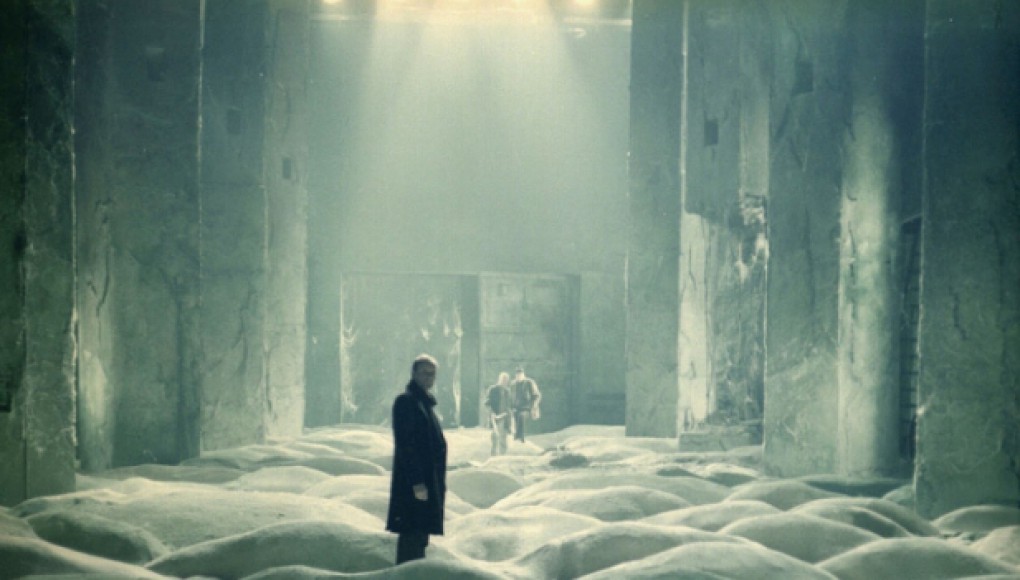Review written by Raul De Leon
The Killing of a Sacred Deer (2017)
Being familiar with director Yorgos Lanthimos, I knew of the weirdness that I was getting myself into. What I was not expecting was an empty shell of a movie that gets off to its own peculiarity. The Killing of a Sacred Deer is an off-the-wall comedic horror film that tortures both its in-film characters and its audience.
The world of Deer is like a kooky Pleasantville, until terror strikes the Murphy family. Life becomes hell for Steven and family, when Steven’s teenage friend Martin seemingly takes revenge on the Murphy’s for killing his father. Martin’s father was a patient of Stephen’s who died from complications during heart surgery. Martin gets close to the family and develops a relationship with Steven’s daughter Kim, and then one by one, the Murphy family starts to perish in a paranormal manner that is somehow connected to Martin.
Life was hell for me as well as I sat in the theater, forcing my eyes open. Now I know what Alex in A Clockwork Orange felt like. Any escalation is undermined by Lanthimos’ decision to remain ridiculous. His peculiar stamp works against him, and I watched unterrified and uninterested. The film was dull for the large majority because of a lame story line, plain and redundant sets, an unchanging cinema-palette, and an ineffective, annoying ‘horror’ score. Lanthimos misfired on all rounds putting together a boring and inadequate scare.
Unlike The Lobster, the comedic and satirical weirdness here felt painfully forced and thoughtless. Most of it is situated in the way people talk to and act around one another. When Martin meets with the Murphy kids for the first time, he shows pre-pubescent Bob his armpit hair and Kim tells Martin that she started getting her period – not exactly considered normal by modern society’s standards. Additionally, everybody speaks with a lack of emotion and an overdone politeness. The other weirdness lies in the horror-trap that strikes the Murphy’s. They’re not chased by a psycho, or haunted by ghosts, or running from zombies. They just get sick, and it’s unexplainable how. It’s not the weird that blemishes the film but the lack of its depth.
Even though I strongly disliked the film, I refuse to believe that Deer is completely meaningless. In my review for The Lobster (2016), I talk about how Lanthimos raises questions about the nature of modern romantic relationships. Lanthimos’ voice is a lot less apparent with Deer than it is with Lobster. For the most part, the social oddity is to support an overall eeriness. Lanthimos wants his horror embedded in discomfort. But naturally we are still going to question the unexplained paranormal activity and the ambiguous title. “Sacred deer” implies mythology, religion, and/or indigenous culture. The plague that falls upon the Murphy family follows an aboriginal understanding of the world that only Martin comprehends. Which begs the question: Is Martin even doing anything to the Murphy’s or is nature just taking its course?
Although, there is room for thought, The Killing of a Sacred Deer is still rather shallow. Unfortunately it also completely fails as a horror film, unless Lanthimos meant to torture his audience by making a bad movie. If that’s the case then Deer is a huge success.
If you liked The Killing of a Sacred Deer, you might also like; Black Swan (2010), Antichrist (2009), The Village (2004), other films by Yorgos Lanthimos.
Check out the rest of my reviews on my website: cerebralfilmreviews.com.










